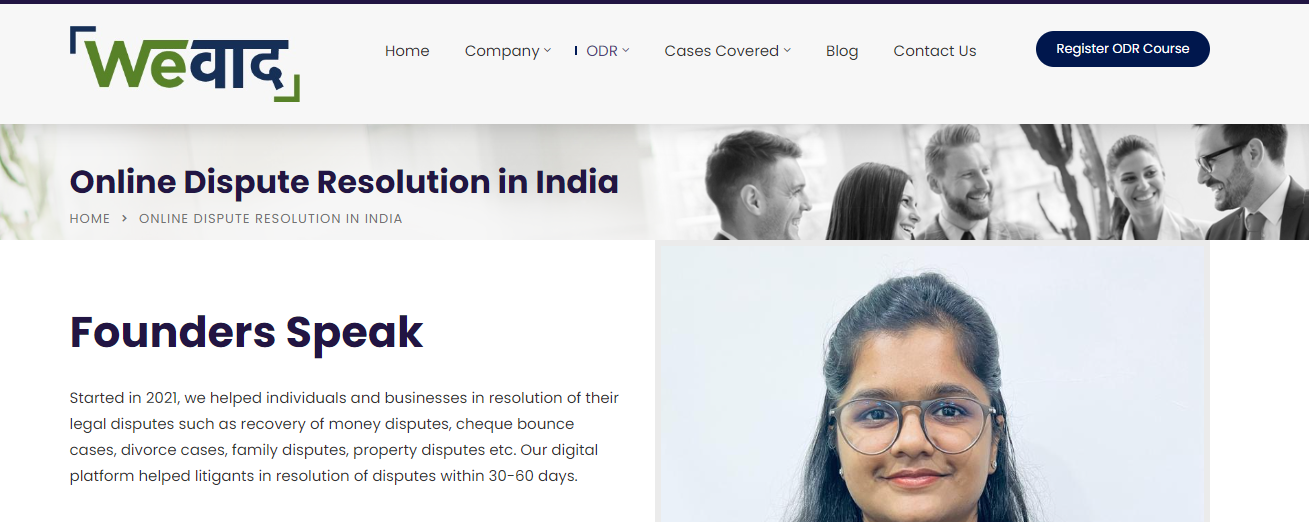Introduction
Online Dispute Resolution (ODR) is a pioneering approach that leverages technology to resolve conflicts and disputes. In India, where the legal system is often bogged down by a backlog of cases, ODR has emerged as a game-changer. This article explores the evolution, benefits, and challenges of Online Dispute Resolution in India.
The Emergence of ODR in India
The concept of ODR in India gained momentum over the last decade, as internet penetration and digital literacy expanded. It was recognized as a powerful tool to alleviate the burden on the Indian legal system, which grappled with millions of pending cases. ODR methods, such as arbitration and mediation, were introduced as viable alternatives to traditional litigation.
Key ODR Initiatives in India
-
National Internet Exchange of India (NIXI): NIXI’s ODR platform is a noteworthy initiative that allows parties to resolve domain name disputes through mediation and arbitration. It has significantly reduced the time and costs involved in such disputes.
-
eCourts Services: The eCourts Services app, launched by the Government of India, provides information on pending cases, orders, judgments, and even facilitates online case filing in some states. It is a major step towards digitizing the judiciary.
-
Agami’s ODR Portal: Agami, a not-for-profit organization, introduced an ODR platform that focuses on resolving disputes related to the social sector. It is designed to improve access to justice for marginalized communities.
Benefits of ODR in India
-
Time and Cost Efficiency: ODR significantly reduces the time and money spent on traditional legal proceedings. Parties can avoid the need for physical court appearances, which is especially beneficial for those in remote areas.
-
Accessibility: ODR platforms are accessible from any location with an internet connection, bridging the gap between urban and rural areas. This ensures greater inclusivity in the legal process.
-
Privacy and Confidentiality: ODR often offers more privacy, making it an attractive option for parties who wish to keep their disputes confidential.
-
Eco-friendly: Reducing the need for paper documentation and travel makes ODR environmentally sustainable.
Challenges and Concerns
While ODR holds promise, it is not without its challenges in the Indian context:
-
Digital Divide: Not everyone in India has access to the internet, and some individuals may lack digital literacy, making ODR inaccessible for a significant portion of the population.
-
Data Privacy and Security: Protecting sensitive information in a digital environment is a concern, and ensuring the security of ODR platforms is paramount.
-
Enforceability: Ensuring that ODR awards and agreements are legally enforceable is crucial. The legal framework must be strengthened to support ODR outcomes.
-
Lack of Awareness: Many individuals and businesses are unaware of ODR as an option for dispute resolution. There is a need for extensive awareness campaigns to promote its use.
Conclusion
Online Dispute Resolution is a significant step towards making the Indian legal system more efficient, accessible, and cost-effective. It has the potential to clear the backlog of cases, improve access to justice, and provide a platform for resolving disputes in a timely and confidential manner. While challenges remain, the ongoing development of ODR initiatives in India is a testament to its growing importance in the country’s legal landscape.





